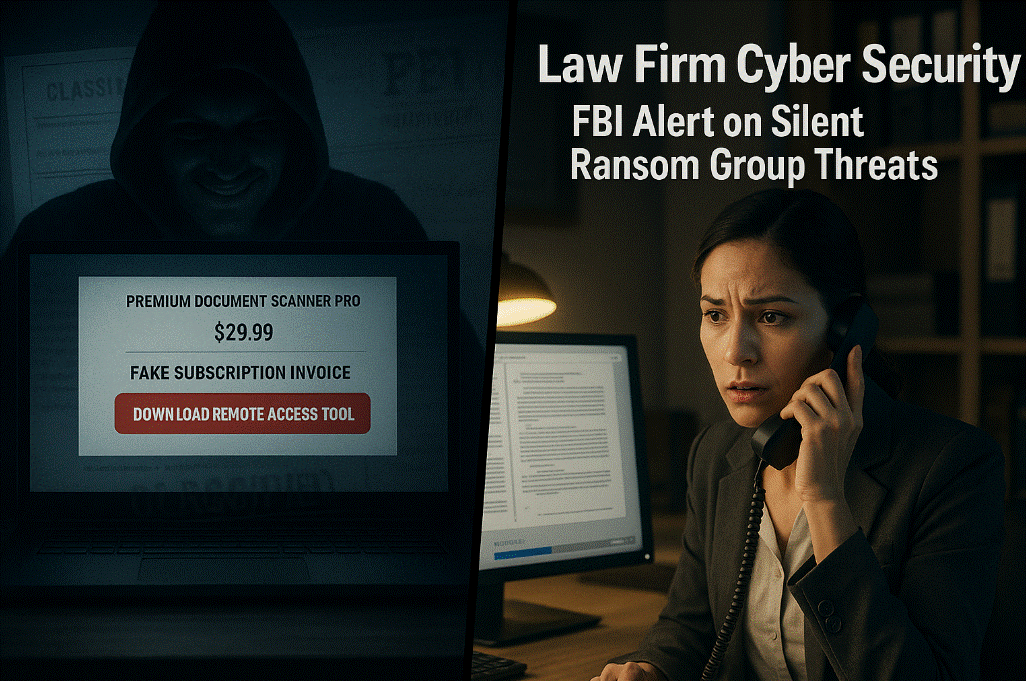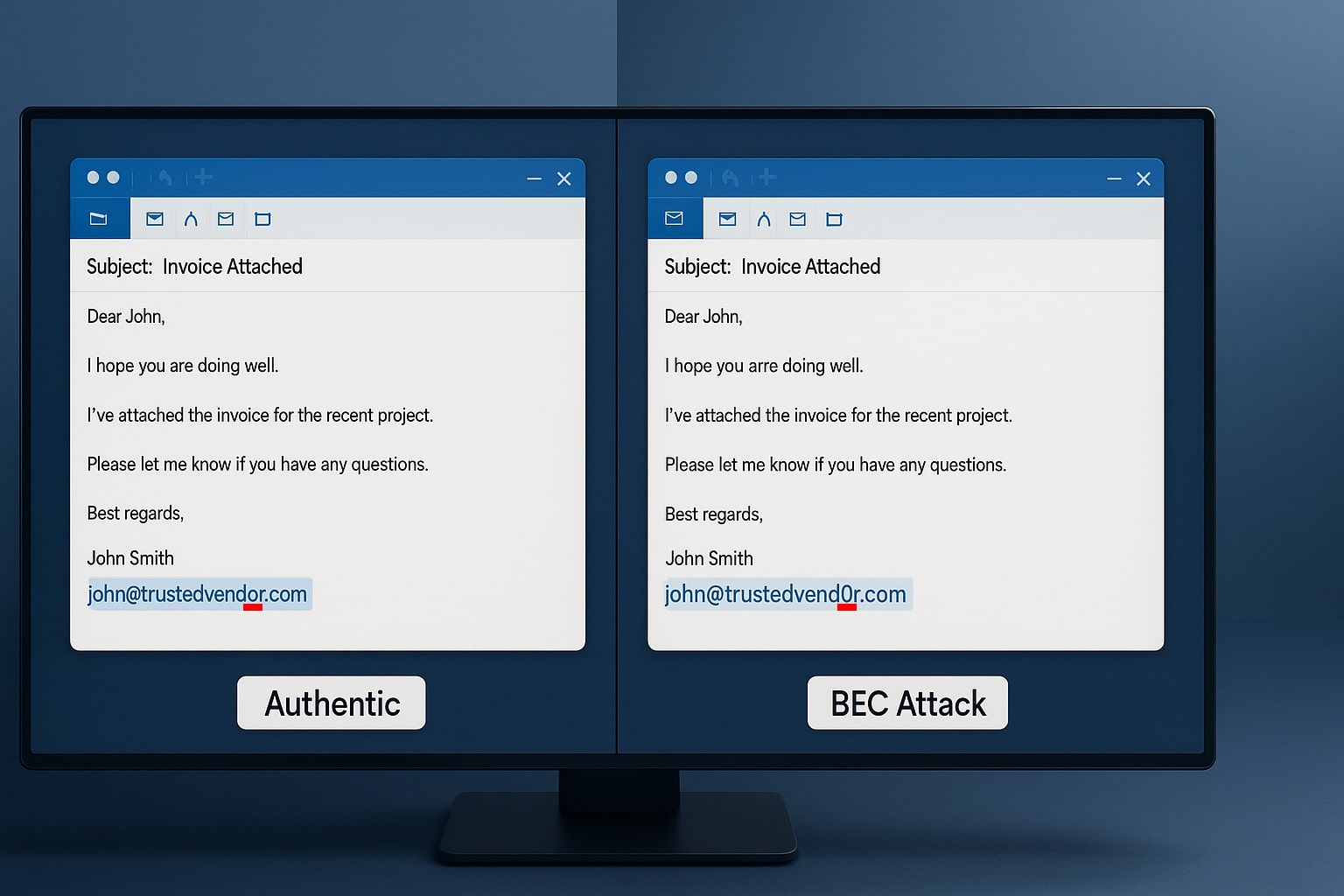In today’s fast-paced technological world, cyber threats have become a common occurrence for businesses of all sizes. From hacking to data breaches and identity theft, the potential risks are endless. That is why maintaining a secure online environment has become crucial for any business that wants to ensure the protection of its intellectual property, customers’ personal information, and remain legally compliant.
Keeping up with the ever-evolving digital landscape requires forward thinking organizations to prioritize cybersecurity. Regular cybersecurity audits are an integral part of any business’s security strategy, and in this article we’ll dive into what they entail and why they’re so important.
Importance of Cybersecurity Audits
The importance of cybersecurity audits cannot be ignored in today’s business landscape. Cybersecurity risks are becoming increasingly sophisticated, and businesses need to take proactive measures to protect their sensitive data and systems from potential breaches.
A cybersecurity audit is a comprehensive assessment of an organization’s information security policies, procedures, practices, and systems designed to uncover vulnerabilities that could be exploited by cyber attackers.
Regular cybersecurity audits help businesses stay up to date with the latest threats and continually improve their security posture. These audits also ensure compliance with legal regulations related to data privacy such as GDPR or HIPAA. Some other key benefits of cybersecurity audits include identifying gaps in defenses before they can be exploited, increasing employee awareness about security best practices, and establishing a baseline for future improvements.
Conducting regular cybersecurity audits is vital in protecting your business from the ever-evolving cyber threats that exist today. It not only helps prevent costly data breaches but also promotes trustworthy relationships with customers who entrust company information through online transactions. As technology continues to change rapidly over time, these periodic assessments become even more crucial for maintaining strong protection against unforeseen malicious attacks on critical infrastructure within any organization.
What is a Security Audit?
A security audit is an assessment that aims to evaluate the effectiveness of a company’s cybersecurity measures. It involves comprehensive testing and analysis of various aspects, including software programs, networks, servers, databases, access controls, policies and procedures to identify potential vulnerabilities or weaknesses that hackers could exploit. This type of evaluation provides key insights into areas where an organization needs to improve its security strategies.
The purpose of conducting regular cybersecurity audits is not only to identify current threats but also to proactively anticipate potential future attack scenarios. These evaluations help companies stay ahead of emerging threats by keeping their systems up-to-date with the latest patches and protections against malicious activities. Regular assessments can also identify gaps in staff training or suggest additional measures for reducing risk factors adequately.
What to Look for in a Cybersecurity Audit
When preparing for a cybersecurity audit, there are several crucial factors to consider. First, it is important to choose an experienced and reputable company that specializes in cybersecurity. The auditor should have the knowledge and expertise necessary to identify potential vulnerabilities and assess risk within your specific industry or area of business.
During the audit process, the auditor will likely review your organization’s security policies, procedures, controls, systems architecture, and incident response plans. They may also conduct penetration testing to determine whether there are any weaknesses in your networks or applications that hackers could exploit.
Another important consideration when preparing for a cybersecurity audit is ensuring that all necessary documentation is available and up to date. This includes policies and procedures related to data privacy and protection, employee training materials on cybersecurity best practices, incident response protocols, disaster recovery plans, etc.
Proactive measures like conducting periodic cybersecurity reviews with a reliable external auditor and staying informed of the most up-to-date compliance requirements for data privacy, such as GDPR and CCPA, are key to shielding businesses from costly security breaches. Taking these steps helps ensure that any potential vulnerabilities can be detected and addressed immediately, so companies stay ahead of ever-evolving cyber threats.
How to Implement Regular Cybersecurity Audits
Implementing regular cybersecurity audits is an essential step for any organization that wants to safeguard its assets from potential cyber threats. These audits involve evaluating the company’s network infrastructure, policies, and procedures to identify any vulnerabilities and areas that need improvement. To implement these audits effectively, it is important first to develop a comprehensive security plan based on industry best practices and regulatory compliance standards.
Next, organizations can work with their IT teams or hire third-party professionals specialized in cybersecurity auditing to conduct thorough assessments of their systems regularly. The audit should cover various aspects such as password management protocols, access controls, software updates and patch management systems, firewalls configuration checks among others.
After conducting a detailed audit, an analysis report outlining all the found vulnerabilities that need to be addressed will be generated. Timely and effective corrective action should be taken to mitigate or reduce any potential risks of attacks from external sources like ransomware attackers. These attackers can encrypt your files, demanding payment in exchange for them being opened up again. Such situations may harm the reputation of your business and lead to mistrust from clients; therefore, preventive measures must be taken to protect against this now and in the future.
Don’t Miss Opportunities to Conduct Security Audits
Regular cybersecurity audits play a crucial role in keeping businesses safe and secure from ever-changing cyber threats. As digital technology continues to advance, the importance of staying ahead of potential risks cannot be overstated. These audits serve as an essential component in identifying vulnerabilities, assessing gaps, and implementing proactive measures against cyber-attacks.
Conducting frequent audits not only prevents financial losses but also helps maintain customers’ trust by safeguarding their sensitive data. While investing time and resources into cybersecurity audits may seem daunting for some organizations, it is imperative to view them as an investment in the long-term viability of the business.
Cybersecurity is no longer optional for most companies; it’s a necessity in today’s increasingly digitized world. Organizations that prioritize conducting regular cybersecurity assessments will gain peace of mind knowing they have taken all necessary steps towards maintaining healthy security hygiene while preventing potentially devastating breaches or losses.
Related Posts

Law Firms Beware: The Silent Ransom Group is Calling
read more

Slopsquatting: The AI Security Threat Every Development Team Must Address
read more

